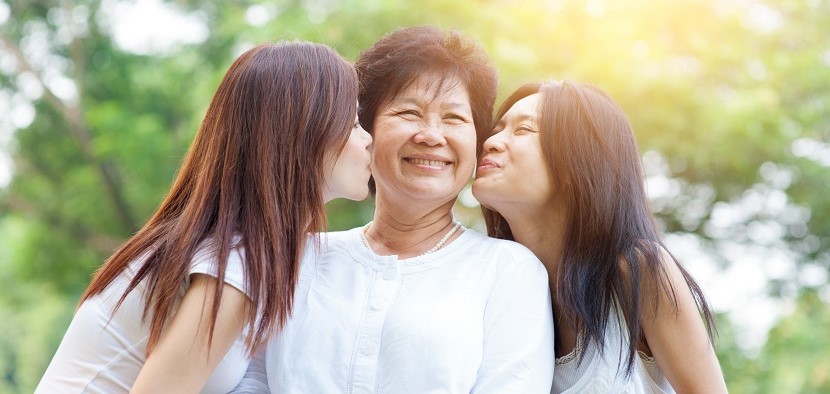
On menopause:Part 3
Insofar as every woman is a unique individuality, the experiences of menopause can be very different. Familial, cultural and personal observations shape each one’s perception of health and aging. A frequently observed phenomenon is that when a woman had a difficult transition into menopause, with mood swings, anger and drama, her daughters are more likely to have similar experiences themselves. Modern science cannot explain the reasons, is this transmitted in the genes or is it an imprint of a behavioral model…
There are some women, e. g. breast cancer sufferers, or patients with clotting disorders, who may not take estrogen, because of the potential aggravation of the preexisting condition. Others chose not to, for cultural or emotive reasons. But thankfully, alternatives exist.
Traditionally, the antidepressants Paroxetine and Venlafaxine have been used with good success to control hot flashes. An old fashioned anti-hypertensive drug, Clonidine, has also been well established in clinical practice. Healthy sexual practices, a variety of commercially available vaginal moisturizers and lubricants alleviate bothersome symptoms.
Over the last three decades plant-derived estrogens, found mainly in soybeans, red clover and legumes, have given rise to hundreds of products, available in health food stores. Herbal preparations, based on the anti-depressant actions of Black Cohosh and St. John’s Wort have been promoted too. Modern medical science does not support their use widely, because of lack of vigorous research to prove their efficacy or to show their safety. The same applies to so-called compounded hormones, promoted as healthier alternatives by anti-aging practitioners.
Surveys in the industrialized world show that 80% of women experienced unwanted reproductive health symptoms in their lifetime, including severe menopausal symptoms. However, only half of them seek medical advice. On the other hand, more than half of recently qualified gynecologists feel insufficiently prepared to manage menopause! This ambivalence needs to be addressed by adequately educating heath care providers , supplying knowledge and creating awareness for women throughout their lives, from puberty through child-bearing years and beyond.
Menopause is a normal and universal process. Acceptance and a mindful attitude to aging are difficult, in our times of obsession with youth and beauty. Maintaining well-being through healthy diet and regular exercise is a minimum requirement. Farther along come hormonal and non-hormonal treatment options. What holds all of the above together is a holistic safety net around women, involving all members of society: educators, scientists, the media, policy makers, all of us.
Copyright United Family Healthcare 2014 All right reserved - 京卫网审[2014]第1927号 - 京ICP备13017554号-4



